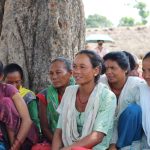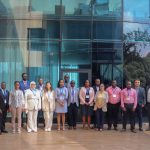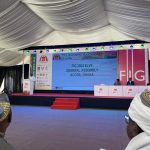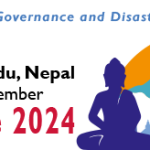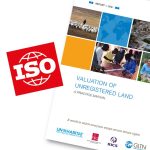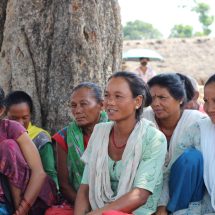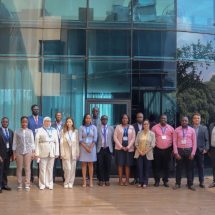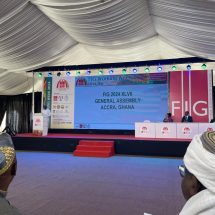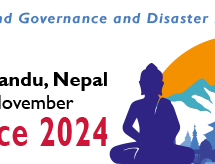Learning Exchange and Capacity Development week on Innovative Land Tools and Approaches
31 July – 4 August, 2017
Uganda at the Ridar Hotel, Seeta
The Global Land Tool Network (GLTN) in partnership with the Government of Uganda recently organized a week-long training on Innovative Land Tools and Approaches in Uganda. The event, held in Seeta township near Kampala, brought together over 40 participants from a unique combination of important institutions dealing with land issues in Uganda. These included Government Ministries and Agencies, professional bodies like the Institution of Surveyors in Uganda, academia, civil society, and representatives of grassroots communities.
The purpose of the training was to share experiences on land challenges, and to acquire knowledge and practical skills for the implementation of pro-poor and gender responsive land tools and approaches to meet those challenges. Participants were exposed to a number of innovative land tools including: Fit-for-Purpose Land Administration, Participatory Enumerations, Social Tenure Domain Model (STDM), Tenure Responsive Land Use Planning, a Capacity Assessment Tool for Implementing Land Policy, Gender Evaluation Criteria (GEC) and Youth and Land Responsiveness Criteria among others. Practical sessions on STDM and GEC enabled participants to gain hands-on skills to address land administration and information systems and policies from a gender perspective
The workshop provided participants with a platform to share their own expertise and lessons from piloting and applying these tools to provide tenure security in both rural and urban context.
The Global Land Tool Network (GLTN) in partnership with the Government of Uganda recently organized a week-long training on Innovative Land Tools and Approaches in Uganda. The event, held in Seeta township near Kampala, brought together over 40 participants from a unique combination of important institutions dealing with land issues in Uganda. These included Government Ministries and Agencies, professional bodies like the Institution of Surveyors in Uganda, academia, civil society, and representatives of grassroots communities.

The purpose of the training was to share experiences on land challenges, and to acquire knowledge and practical skills for the implementation of pro-poor and gender responsive land tools and approaches to meet those challenges. Participants were exposed to a number of innovative land tools including: Fit-for-Purpose Land Administration, Participatory Enumerations, Social Tenure Domain Model (STDM), Tenure Responsive Land Use Planning, a Capacity Assessment Tool for Implementing Land Policy, Gender Evaluation Criteria (GEC) and Youth and Land Responsiveness Criteria among others. Practical sessions on STDM and GEC enabled participants to gain hands-on skills to address land administration and information systems and policies from a gender perspective. The workshop provided participants with a platform to share their own expertise and lessons from piloting and applying these tools to provide tenure security in both rural and urban context.
Experiences and lessons learnt in the application of different land tools were shared by a number of GLTN partners including Action Aid International and Oxfam International. At the end of the week, participants developed action plans tailored to their respective organization mandates and working environments. These action plans highlight how various organizations intend to incorporate and use the innovative land tools and approaches for securing tenure for all.
The workshop was closed by Ms. Naome Kabanda, Head of the National Land Policy Implementation Unit in the Ministry of Lands Housing and Urban Development. Ms Kabanda encouraged actors in the land sector, especially civil society organizations, to partner with government for effective planning and participation in the implementation of the National Land Policy of Uganda.
The Uganda learning exchange and capacity development week was marked by high attendance and sustained participation throughout. Important insights were shared and new strategies, opportunities and potential collaborations identified. GLTN will remain in contact with all participants with regard to follow-up on the action plans formulated. The following GLTN partners were involved: Action Aid, the International Land Coalition, Oxfam, SDI and UN-Habitat.

